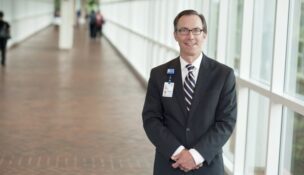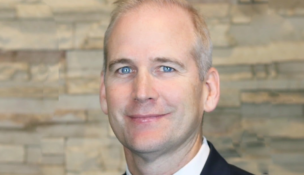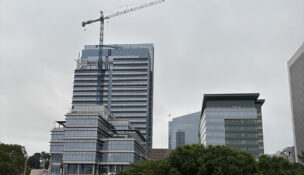Chesterfield planners approve $2.5B+ nuclear fusion plant
Power plant permit heads before county supervisors in September
Josh Janney //August 22, 2025//

A rendering of Commonwealth Fusion Systems' planned facility in Chesterfield County. Image courtesy CFS.

A rendering of Commonwealth Fusion Systems' planned facility in Chesterfield County. Image courtesy CFS.
Chesterfield planners approve $2.5B+ nuclear fusion plant
Power plant permit heads before county supervisors in September
Josh Janney //August 22, 2025//
SUMMARY:
- Chesterfield County‘s planning commission approved a permit for Commonwealth Fusion Systems‘ planned 400-megawatt ARC fusion power plant
- The $2.5+ billion project could become the world’s first grid-scale commercial fusion facility
- Citizens praised the project’s economic and educational benefits
Commonwealth Fusion Systems’ planned $2.5 billion-plus Chesterfield County facility, which could be the world’s first grid-scale commercial nuclear fusion energy plant, is advancing through the county’s approval process.
The county’s planning commission unanimously approved a conditional use permit for the 400-megawatt facility, dubbed ARC, during its Aug. 19 meeting. The nuclear fusion power plant is slated to be built on a roughly 94-acre property at 1201 Battery Brooke Parkway in the James River Industrial Center. Dominion Energy owns the site, but CFS — a Massachusetts-based fusion energy company that spun out of research done at the Massachusetts Institute of Technology — has signed an option-to-lease agreement for the site.
Commission Vice Chair Gib Sloan said he was “very appreciative” that CFS chose Chesterfield for the project: “They have chosen us to be a place to create something groundbreaking that could benefit the rest of the globe. So, when I think about where we came from, where we are and where we can be, I think it’s just freaking awesome.”
The fusion plant’s permit now heads to the county’s board of supervisors on Sept. 17 for approval.
During a public hearing before the commission’s vote, several people voiced support for the project, citing potential economic benefits and educational opportunities.
Lane Carasik, an assistant professor at Virginia Commonwealth University, said the fusion plant can “put Chesterfield on the map” and “make it the epicenter of future fusion energy.” He said there are learning opportunities for VCU students to communicate with the plant’s scientists and engineers.
Chesterfield Chamber President Karen Webb, who supported the project, praised CFS for engaging with the community in the planning process and addressing concerns they may have had about the plant.
One resident, however, spoke against the project, citing concerns about it generating nuclear waste.
The project’s application says, “Fusion energy is considered inherently safe because it does not involve chain reactions or decay heat and therefore cannot melt down, and generates no high-level, long-lived radioactive waste.”
Chesterfield’s economic development director, Garrett Hart, previously said the plant will likely cost more than $2.5 billion. During a presentation on Tuesday, attorney Ann Neil Cosby of law firm GreeneHurlocker, representing CFS, said that CFS would “finance, own and safely operate this power plant.”
CFS plans to begin construction in the late 2020s and anticipates that ARC will start generating carbon-free power for the grid in the early 2030s.
ARC will use magnetic fields in the fusion process. Two forms of hydrogen — deuterium and tritium — fuse, creating helium and releasing neutrons. A “molten salt liquid ‘blanket’ surrounding the plasma will capture the energy of the neutrons in the form of heat,” according to CFS’ permit application. The molten salt then circulates through heat exchangers — systems that transfer heat between fluids — to produce steam, which turns a turbine connected to an electricity generator.
Earlier this summer, Google signed an agreement to buy 200 megawatts of electricity (half the facility’s expected power output) from the facility. Google will also have the option to offtake power from future ARC plants.
Spun out of MIT in 2018, CFS has more than 1,000 employees, according to Cosby. It has raised more than $2 billion from high-profile investors including Jeff Bezos, Bill Gates, Tiger Global Management, Khosla Ventures and Lowercarbon Capital. It is one of more than 40 companies currently developing fusion technologies.
l

















